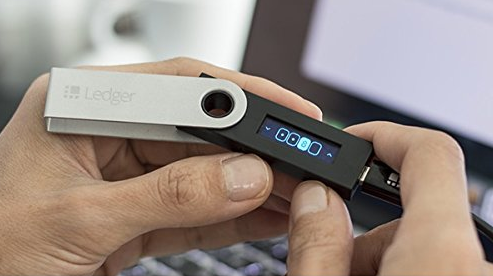Patch Tuesday, January 2020 Edition

Credit to Author: BrianKrebs| Date: Wed, 15 Jan 2020 02:31:50 +0000
Microsoft today released updates to plug 50 security holes in various flavors of Windows and related software. The patch batch includes a fix for a flaw in Windows 10 and server equivalents of this operating system that prompted an unprecedented public warning from the U.S. National Security Agency. This month also marks the end of mainstream support for Windows 7, a still broadly-used operating system that will no longer be supplied with security updates.
Read More

